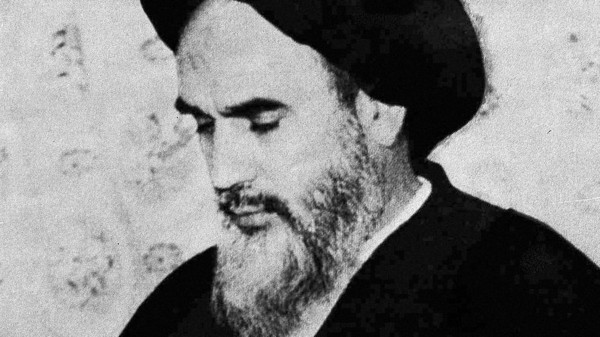Inside Iran: Khomeini’s broken promises on poverty
Shounaz Meky/Al Arabiya news
26 May 2015
The first report of a new series by Al Arabiya News Channel takes a look at the poverty millions of Iranians live in – despite the country’s vast oil wealth and government promises of free basic services – thirty-five years after the Islamic Revolution that shook the world.
Entitled “Inside Iran: Khomeini’s broken promises on poverty,” the report is the first of a special series tackling political, social and economic issues in Iran. In 1979, shortly after the shah had been toppled, the new theocratic ruler Ayatollah Ruhollah Khomeini promised free electricity, water supplies and transportation services to all Iranians, to be paid for by oil revenues under a “just” Islamic economic system.
Yet this promise – repeated by several Iranian presidents after him to make the poor feel the benefits of Iran’s oil wealth – was never delivered. Many Iranians are still facing day-to-day problems with feeding their families and paying their rent and bills.
In today’s Iran, at least 15 million citizens live below the poverty line, reports have suggested, although some analysts expect the real figure to be higher. Reports also estimate that out of Iran’s 77 million population, 10 million are jobless. While thousands are homeless, living in the streets.
“Khomeini promised Iranian people they would live a better economic situation compared to the one under the Shah,” expert on Iranian affairs Hassan Hashemian told Al Arabiya News. “Khomeini not only did not deliver his promises to the Iranian people, but created more fundamental problems that go back to the way the Iranian state is being administrated.”
Iranian economy and power
Majid Rafizadeh, an Iranian-American political scientist and scholar, said there are several reasons behind “Iran’s economic malaise.”
“The most fundamental reasons are the widespread corruption, misallocations of funds, dysfunctional banking and tax system, miscalculated subsidies, and state-led, state-controlled and state-owned of major economic sectors,” Rafizadeh told Al Arabiya News.
“The banking system is also inefficient. For example, banks mainly lend money to firms and individuals connected to the government,” he added.
Hashemian said the Iranian economy is dominated by concealed business networks of business and “mafias” loyal to the ruling clerics that are accused by many in the state’s affairs.
“Throughout years these networks are have been the root cause of economic problems in addition to external factors,” he said.
Going on war
Khomeini’s decision to prolong the Iranian-Iraqi war also added to the Iranian governments own economic mismanagement, Hashemian added. Several Iranian presidents after Khomeini were elected on the platform of solving Iran’s economic hardships.
Some analysts say that the challenges in reducing poverty are also a result of the Iran’s decision to finance its allies in the Middle East, such as the regime of Syrian President Bashar al-Assad, the Lebanese Shiite militant group Hezbollah, and Shiite armed groups in Iraq.






















